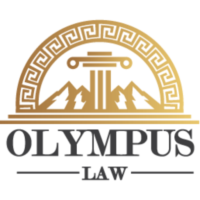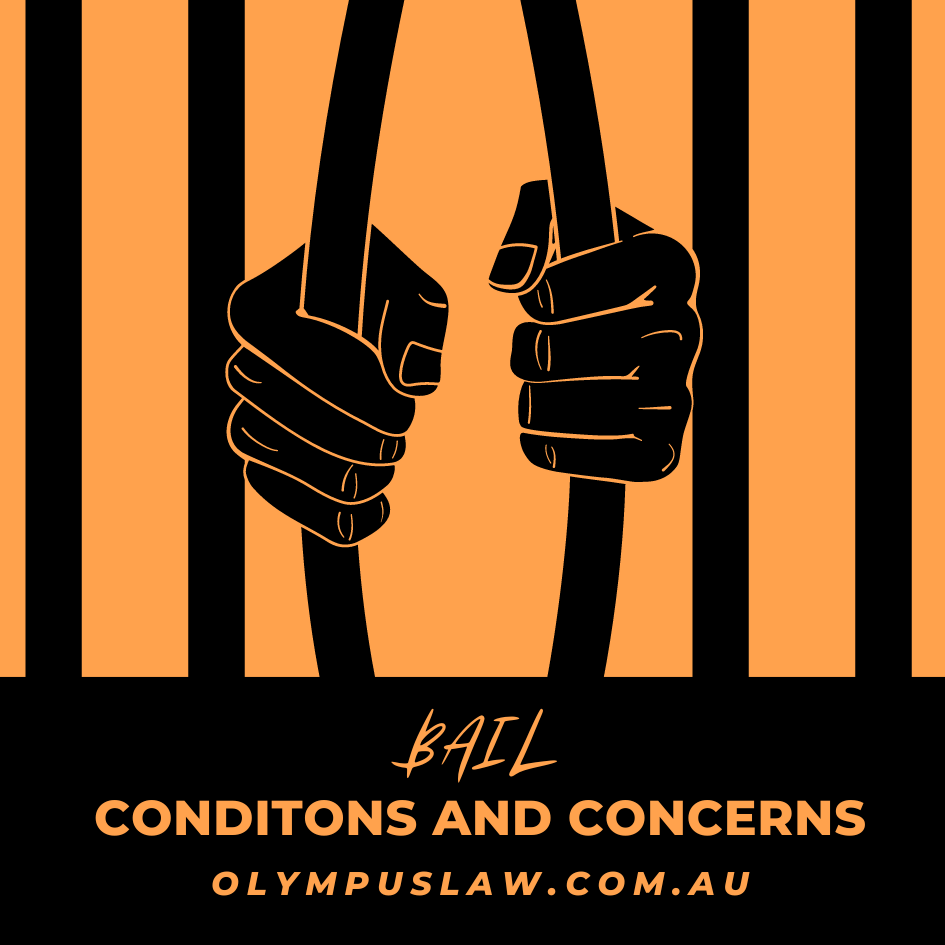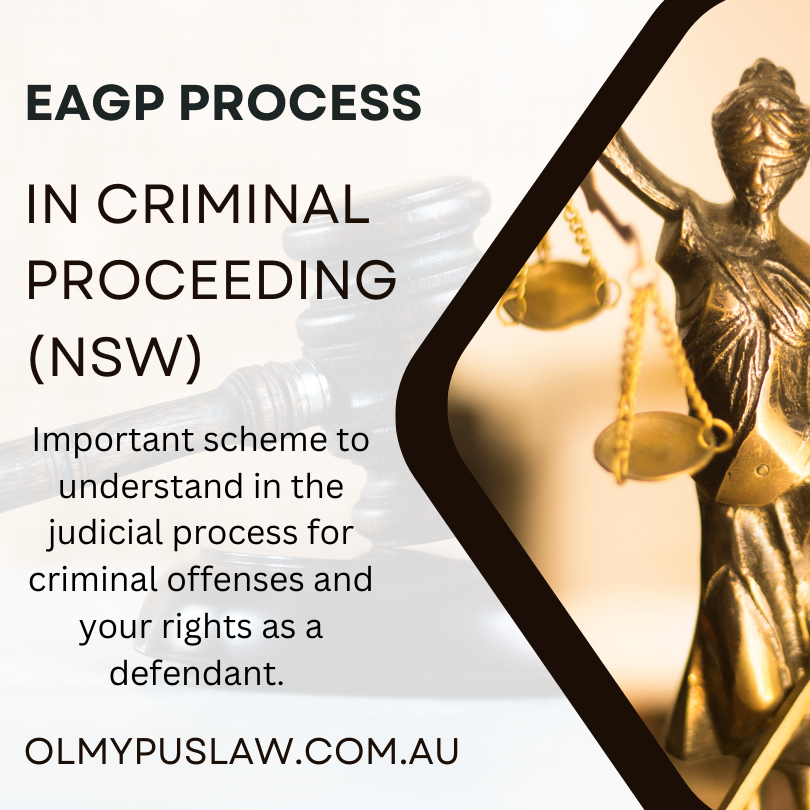Assault is an unlawful act that causes physical harm or unwanted contact to another individual. Assault can also come in the form of a threat or attempt despite there not being any physical contact such as the raising of a fist or spitting at an individual.
What is assault under NSW law?
The offenses of assault fall in the purview of the Crimes Act 1900 (NSW).
In a case involving assault, the burden of proof lies on the prosecution to prove:
- The accused used or threatened to use unlawful physical force against a individual; and
- The accused was intentional or reckless in performing the physical force.
Courts have also determined that an assault is any act and not a mere omission to act by which a person intentionally or recklessly causes another to apprehend immediate and unlawful violence: R v Burstow; R v Ireland [1998] 1 AC 147.

Types of physical Assault
Physical assault charges vary in their nature and in their description under the Crimes Act 1900 (NSW).
Types of assault include, under the act:
- Common assault.
- Assault occasioning actual bodily harm.
- Unlawful wounding and assault occasioning grievous bodily harm.
Common Assault:
A Common Assault charge is a criminal charge in contravention of s 61 of the Crimes Act and carries a maximum penalty of 2 years in prison. In the state of New South Wales, Common Assault charges are generally dealt with in the Local Courts.
Common assaults can be described as the least serious types of assaults (all assault charges are serious and should be considered as such) as generally they do not involve any significant injury to an alleged victim. A common assault can take the form of a threat for future harm or injury.
Common examples of Common Assault include:
- Scuffles
- pushing/shoving
- Verbal threats
- Harassment
- Spitting
- Throwing an object
Assault Occasioning Actual Bodily Harm:
Charges of Assault Occasioning Actual Bodily Harm are contraventions of section 59 of the Crimes Act. The definition of actual bodily harm can be found in past case law. Court findings have suggested that actual bodily harm comes in the form of physical injury that is both temporary/permanent in nature or a psychiatric illness that has been caused by the assault.
Common examples of Assault Occasioning ABH include:
- A punch to the face or body.
- A scratch to the face or body.
- The throwing of an object causing harm to the face or body.
- The grabbing of the body or face, causing red marks or scratches.
Assault occasioning unlawful Wounding or Grievous Bodily Harm:
This type of assault falls under the purview of under s 33 (intentional) and s 35 (reckless) of the Crimes Act. Unlawful wounding involves harm inflicted causing the victim to bleed and be severely bruised. Injury obtained must be some form of penetration to the outer skin to be classified as unlawful wounding. Offenses in contravention of sections 33 and 25 of the Crimes Act, are very serious in nature, carrying maximum penalties ranging from 10 to 25 years.
Grievous bodily harm:
‘Grievous’ is a term very serious in nature and in the case of assault it involves bodily harm that results in any permanent injury that causes a person ongoing issues or physical problems.
Under s 4 of the Crimes Act, grievous bodily harm can include:
- The destruction of the foetus of a pregnant woman.
- Any permanent or serious disfiguring of the person.
- Any grievous bodily disease.
Penalties for Assault charges
The maximum penalty for each type of assault charge varies and can be summarized as follows:
| Type | Maximum Penalty |
|---|---|
| Common Assault | 2 years |
| Assault Occasioning Actual Bodily Harm | 5 years |
| Assault Occasioning Actual Bodily Harm in company | 7 years |
| Unlawful Wounding or assault occasioning grievous bodily harm with intent | 25 years |
| Unlawful Wounding or assault occasioning grievous bodily harm in company (Recklessness) | 14 years |
| Unlawful Wounding or assault occasioning grievous bodily harm (Recklessness) | 10 years |
How can we help?
Have been charged with assault?
We understand that this can be a difficult time and we are here to meet your legal needs and ease the process.
We offer services specific to criminal offenses and will aim to achieve the best results regarding your legal issue.
Book your free first consultation today.
Disclaimer: This is commentary published by Olympus Law Partners Pty Ltd is for general information purposes only. This should not be relied on as specific legal advice. You should seek your own legal and other advice for any question, or for any specific situation or proposal. The content also is subject to change.
Find more useful knowledge about your concerned topics at our Knowledge Hub.



